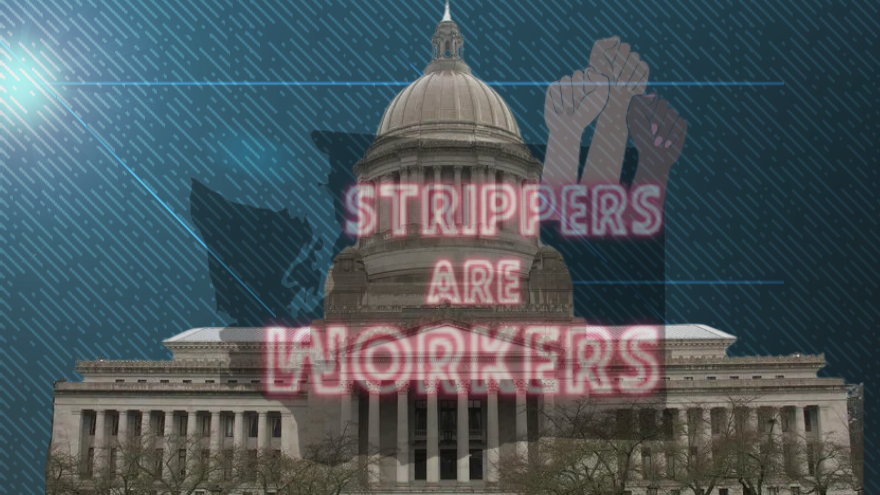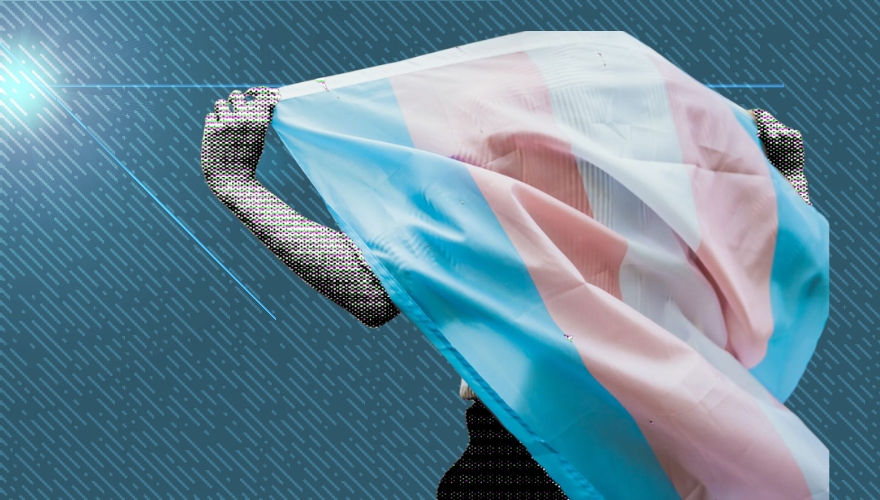Adult dancers have lobbied lawmakers in Washington to pass new legally mandated protections.
State Representative Amy Whalen sponsored a new bill, House Resolution 2036, which was first introduced in December. The proposal – nicknamed the Stripper’s Bill of Rights – would regulate heightened safety and operational standards for “adult entertainment establishments.”
“It is a legal, licensed business operation in the state of Washington, so the people who work there deserve our attention and our respect and the protections that every other Washington worker gets,” Whalen told AP News in a Feb. 7 report.
If passed, the law would mandate that strip clubs have a security guard, keypad codes on the doors to any dressing rooms, and a protocol to deal with violent customers. Clubs would also be required to train employees on ways to prevent sexual harassment and have signs stating dancers do not need to turn over their tips.
“In recognizing the importance of protecting all workers from exploitation, the legislature passed Engrossed House Bill 1756 (2019), directing the department of labor and industries to convene an advisory committee to develop recommendations aimed at increasing safety and security of entertainers in adult entertainment establishments,” states H.R. 2036.
The bill continues:The legislature also intends to expand existing requirements, including those pertaining to panic buttons and blocklists, in an effort to improve compliance and enforcement. And importantly, safeguarding worker safety will be impossible if workers continue to fear criminal prosecution for otherwise legal artistic performances that do not involve sexual contact with patrons. Therefore, the legislature intends to clarify the boundaries for local enforcement actions in order to facilitate open communication between entertainers, establishments, local law enforcement, the liquor and cannabis board, and the department of labor and industries.
Strippers are Workers, an advocacy group for adult entertainment dancers, has lobbied for legislative action for the last six years because of procedural differences at 11 different clubs in Washington.
In an open letter to lawmakers in 2021, members of Strippers are Workers objected to the impact of COVID-19 and social distancing regulations on their profession.
“Clubs have been shut down for over a year, and far too many of us have gone without crucial income support or the ability to find safe work alternatives,” they wrote. “Dancing can be a crucial path to economic security for women, people of color, people with disabilities, and single parents. But anti-sex-work stigma has led to our work being effectively criminalized. … Lawmakers can’t continue to leave dancers behind during this crisis. We need reliable income support now, and in the long term we need policies that reduce the stigma against our work, decriminalize our industry, and give us the freedom to make a stable income.”
In a subsequent statement, Strippers are Workers said, “Dancers are workers, and we deserve the same rights all workers do.”
“We shouldn’t be paying more money to work than what we can make," the group continued. “Our work shouldn’t be controlled and scheduled, especially given that we’re independent contractors. And we should know our rights and have a way to enforce them when they’re violated.”

